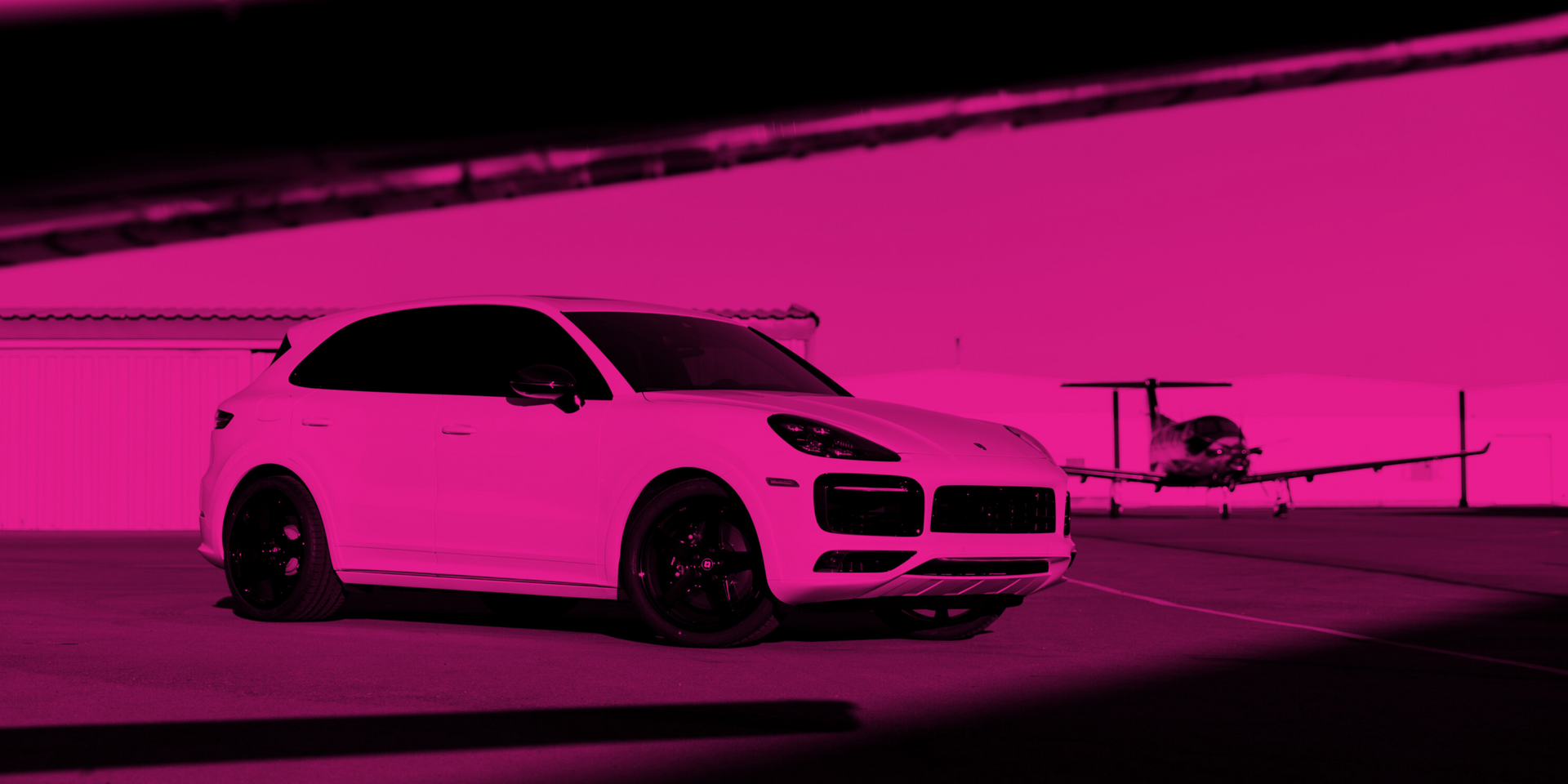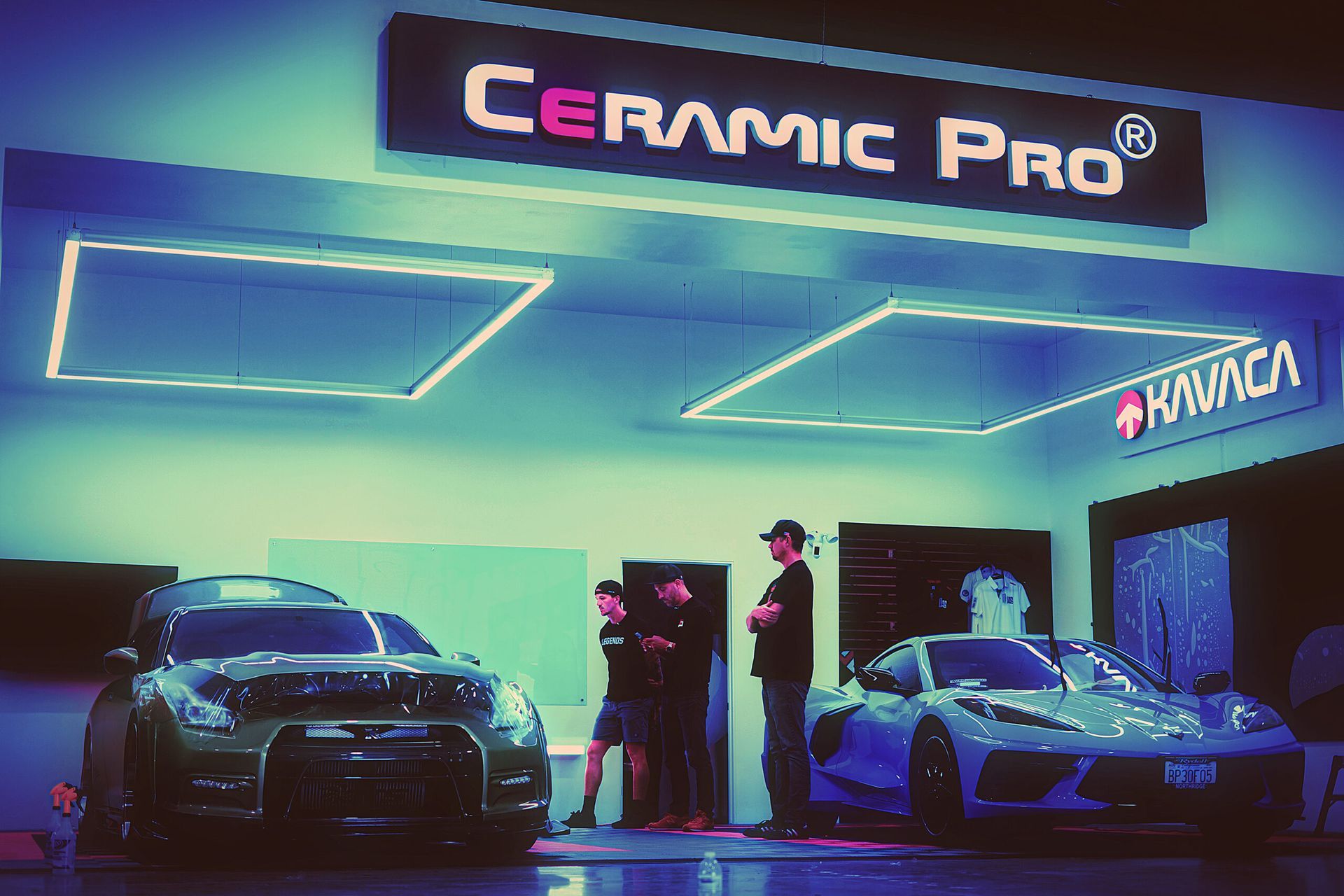Introduction
When it window tinting comes to protecting your vehicle’s paintwork, the debate between ceramic coatings and traditional sealants is a hot topic among car enthusiasts and everyday drivers alike. With advancements in technology, ceramic coatings have surged in popularity, touted for their long-lasting effects and superior protection. But are they really worth it compared to traditional sealants? In this comprehensive comparison, we will delve into various aspects of both options—covering everything from durability, application processes, to maintenance tips—to help you make an informed decision.
Ceramic Coating for Cars: The Future of Paint Protection
Ceramic coatings represent a revolutionary approach to vehicle detailing. These protective layers are made from nanotechnology that creates a strong bond with the vehicle's paint, providing a shield against environmental contaminants like dirt, grime, UV rays, and even minor scratches.
How Long Does Ceramic Coating Last?
One of the most appealing aspects of ceramic coatings is their longevity. Depending on the product used and how well it's applied, ceramic coatings can last anywhere from two to five years or even longer with proper maintenance. This durability far exceeds that of traditional waxes or sealants.
Ceramic Coating Benefits
- Enhanced Protection: Guards against UV rays and oxidation. Hydrophobic Properties: Repels water and makes washing easier. High Gloss Finish: Enhances the aesthetic appeal of your car.
Best Ceramic Coating for Cars: What to Look For
Choosing the right ceramic coating can be overwhelming given the plethora of options available in the market. Key features to consider include:
Durability: Look for products that offer multi-year protection. Ease of Application: Some coatings require professional installation while others can be applied DIY. Brand Reputation: Opt for well-reviewed brands known for quality.Top Ceramic Coating Brands Compared
| Brand | Durability | Ease of Application | Price Range | |--------------|----------------|---------------------|--------------| | Brand A | 5 Years | Professional Only | High | | Brand B | 3 Years | DIY-Friendly | Medium | | Brand C | 2 Years | Professional & DIY | Low |
Professional Ceramic Coating vs DIY: Which is Better?
This is an age-old debate in the automotive community. Here’s a breakdown:
Advantages of Professional Installation
- Expertise: Professionals know how to prepare surfaces properly. Equipment: Access to high-quality tools and products not available to consumers.
DIY Pros and Cons
- Cost-effective if done correctly. Requires time and effort; may not achieve professional results.
If you're considering which route to take, weigh your skills against potential outcomes.
Ceramic Coating vs Wax: Understanding the Differences
While both serve as protective layers, they do so in distinct ways:
Longevity: Wax typically lasts a few months whereas ceramic coating can last years. Protection Level: Ceramic offers superior resistance against scratches and environmental factors compared to wax. Application Time: Applying wax takes less time than ceramic coating but requires frequent reapplication.Is Ceramic Coating Worth It?
Given its longevity and level of protection, many car owners find that investing in ceramic coating pays off in the long run—especially if you plan on keeping your car for several years.
Ceramic Coating vs Paint Protection Film: A Closer Look
Both provide excellent protection but cater to different needs:
What is Paint Protection Film?
Paint Protection Film (PPF) is a clear film applied over surfaces that adds a layer of defense against rock chips and scratches.

Comparison Factors:
- Visibility: PPF might slightly alter the appearance; ceramic does not affect aesthetics. Repairability: PPF can be removed easily; however, once ceramic coating is damaged, removal might require professional help.
Environmental Factors Affecting Ceramic Coating Durability
Several elements can influence how long your ceramic coating lasts:
UV Exposure: Direct sunlight can degrade lesser quality coatings more quickly. Pollutants: Industrial fallout or bird droppings can harm unprotected surfaces faster than coated ones. Weather Conditions: Extreme temperatures or frequent rain may shorten lifespan without proper maintenance.Common Myths About Ceramic Coatings Debunked
It's crucial to separate fact from fiction when discussing ceramic coatings:
Myth: "Ceramic coatings are scratch-proof."
Truth: They resist scratches but aren’t entirely immune.
Myth: "You never need to wash your car again."
Truth: Regular maintenance is still necessary for optimal performance.
Myth: "All coatings are created equal."
Truth: Quality varies significantly by brand and formulation.
Ceramics vs Traditional Sealants: Maintenance Tips
Proper care ensures longevity regardless of what protective layer you choose:
How To Wash A Ceramic Coated Car
Use pH-neutral shampoos specifically designed for coated cars. Avoid automatic car washes; opt for hand washing instead. Dry with microfiber towels to prevent water spots.Best Car Shampoos for Ceramic Coated Cars
Look for shampoos that enhance hydrophobic properties while being gentle on coatings:
- Product A Product B Product C
Step-by-Step Ceramic Coating Application Guide
Want to apply it yourself? Here’s how you do it:

- Thoroughly wash and decontaminate the surface using clay bars or similar products.
- Use a dual-action polisher if necessary before applying any coating.
- Work in small sections using an applicator pad; ensure even coverage.
- Allow adequate curing time as instructed by manufacturer guidelines before exposing it to rain or moisture.
Conclusion
In summation, when weighing up Ceramic Coatings vs Traditional Sealants, it becomes apparent that each has its own merits depending on individual needs and preferences. While traditional sealants offer convenience at lower upfront costs, ceramic coatings provide unmatched durability and long-term benefits—making them ideal for those who prioritize protecting their investment over time.
Whether you go with DIY methods or hire professionals, understanding these protective options will help keep your vehicle looking pristine while also enhancing its resale value down the line!
FAQs
Q1: How often should I reapply my ceramic coating?
A1: Generally speaking, most quality ceramics last between two to five years depending on environmental factors.
Q2: Can I use any shampoo on my ceramic-coated car?
A2: No! It's best to use pH-neutral shampoos designed specifically for coated vehicles.

Q3: Do I need special equipment for applying ceramic coating?
A3: While it's possible to apply it without special tools, having a dual-action polisher helps achieve better results during application.
Q4: What happens if my ceramic coating wears off?
A4: If worn out completely due mainly due wear-and-tear or improper maintenance practices—it will need reapplication!
Q5: Is there such thing as cheap effective ceramics?
A5: Yes—but remember you usually get what you pay for! Read reviews carefully before choosing one!
Q6: How does ceramic coating affect resale value?
A6: Properly maintained vehicles tend to have higher resale values thanks largely attributed towards preserved paint integrity!
With all this information packed into one article about Ceramic Coatings vs Traditional Sealants—you’re now equipped with knowledge that'll enable informed choices regarding paint protection methods! Happy detailing!